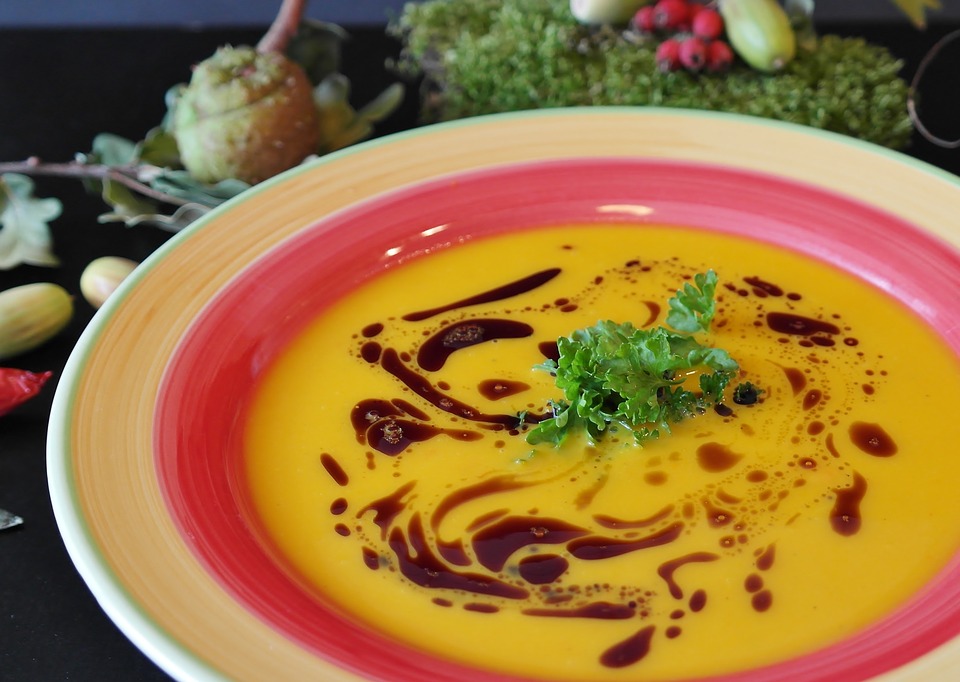It usually happens that the low temperatures in winter lead us to put salads, fresh fruits or water aside. However, it is vital to be careful and not neglect our health in winter, especially with the current global pandemic. Here are some foods you should include in your meals for a healthy and balanced meal during winter.
1) Broccoli and Raw Leafy Greens
These are rich in vitamin C, antioxidants and very low in calories. The chlorophyll present in them contains a lot of healthy enzymes and helps cleanse the body. There are many different ways you can consume leafy greens. You may consume them cooked, seasoned with olive oil, in stews with homemade tomato sauce, scrambled with eggs or even in fried tortillas!

2) Nuts
Nuts contain a lot of calcium and are ideal for keeping the bones in good condition. They are highly recommended for older people, children and women in the post-menopausal phase. Nuts are composed of healthy fatty acids for the whole body. However, keep in mind that they should be consumed in a moderate portion (the size of a fist is recommended) because of their high caloric density.

3) Carrots
This vegetable provides nutrients, fibre and few calories. Carrots are rich in beta-carotene and vitamins D and E, which are essential for the absorption of calcium and help keep the skin and mucous membrane in good condition and reduce the risk of respiratory diseases.

4) Citrus Fruits
Citrus fruits such as lemon, orange, grapefruit, and kiwi are the primary source of vitamin C necessary for the regeneration of tissues and the stimulation of the body’s defence. It is advisable to consume them raw and not spread them when peeling because of their pectin content.

5) Garlic
Garlic is considered a natural antibiotic because of its allicin content. It is also a powerful antioxidant. Its consumption is necessary to cope with the respiratory diseases that are typical of winter.

6) Water and Infusions
Water helps to improve the mucosa – which is usually a problem during winter. Hot infusions such as tea are also rich in antioxidants that are useful to relieve respiratory issues and relieve flu symptoms.

7) Avocado
The beta-sitosterol content in avocado makes it a perfect ally in the fight against coronary diseases. Moreover, thanks to its versatility in the kitchen, you can enjoy it in several ways, such as some Californian sandwiches, an avocado salad, an avocado cream and zucchini or a salmon and avocado wrap.

8) Eggs
It is essential to consume eggs during the winter months. Eggs contain iron, calcium, protein and amino acids that are necessary for the body. The body uses these to make antibodies that fight diseases and prevent infection. Moreover, eggs also provide us with vitamins B2, B12, A and E, iron, zinc and phosphorus that are vital for good health. Either boiled, scrambled, poached or in an omelette, eggs are a great way to start the day. Make sure you don’t eat them raw or undercooked, as they may contain harmful bacteria.

9) Turmeric
This spice has very high levels of antioxidants and is a must during winter. It has anti-inflammatory properties that make it beneficial for people who suffer from joint pain. Besides, turmeric helps fight free radicals that damage the skin and causes it to lose its shine and elasticity.

Winter foods are tasty and nutritious. The great variety makes it possible to prepare a healthy and balanced diet. Do not forget to combine your menus with some sports practice and drink plenty of water!


